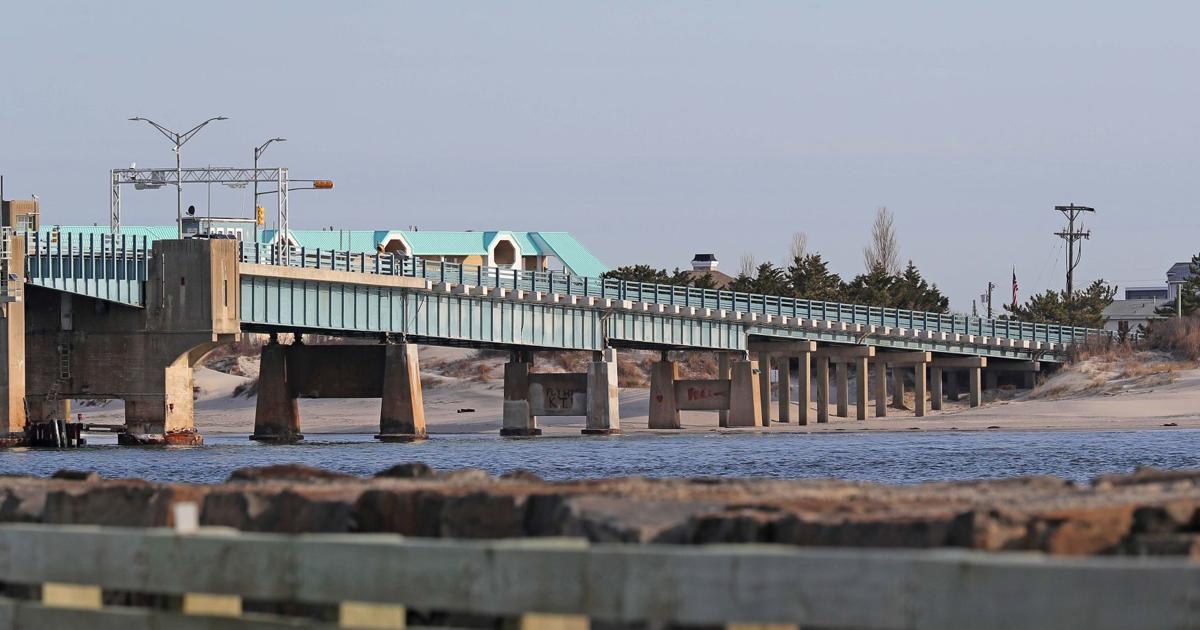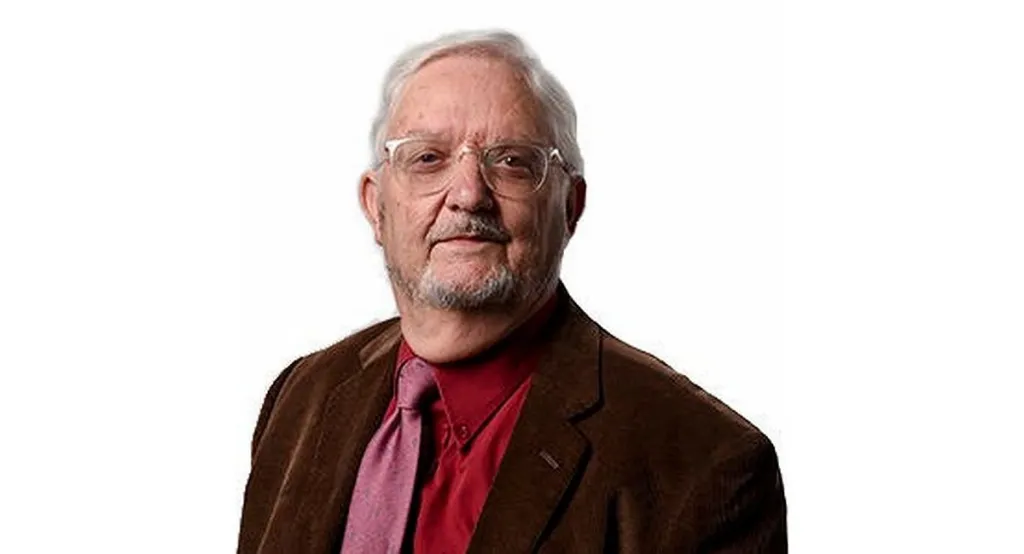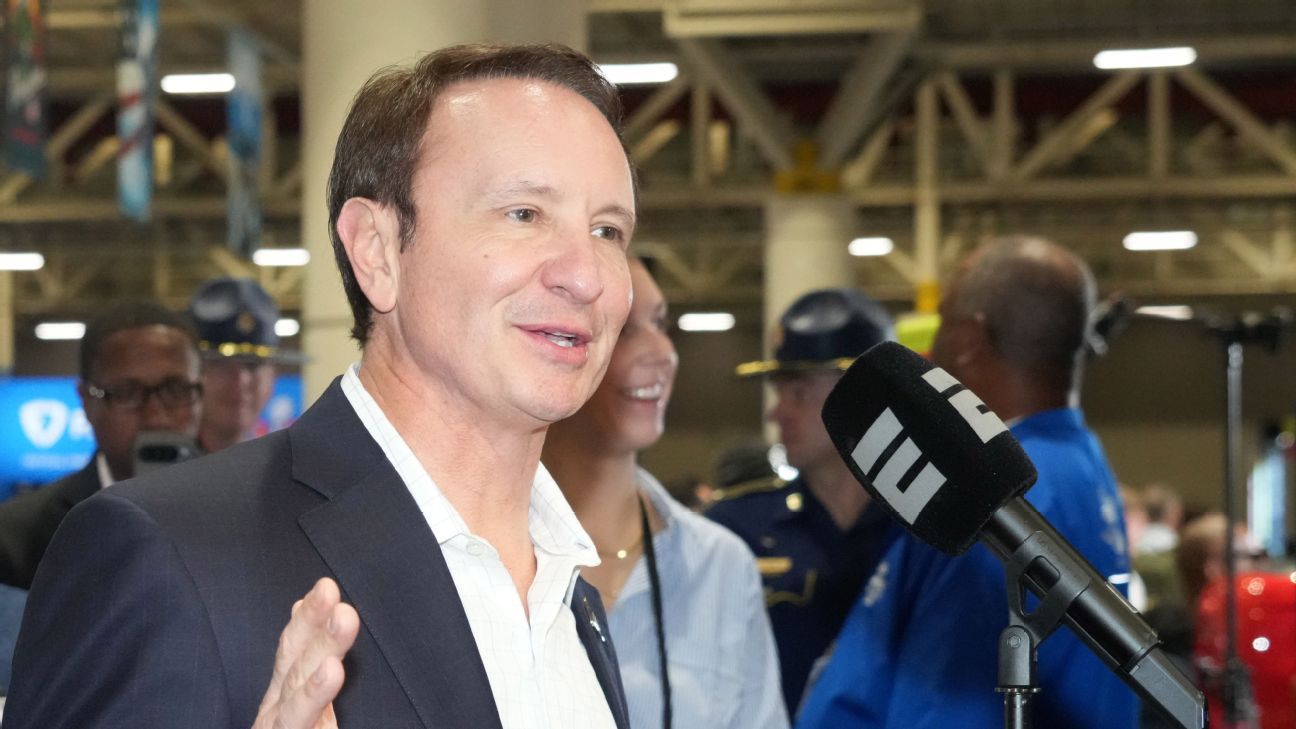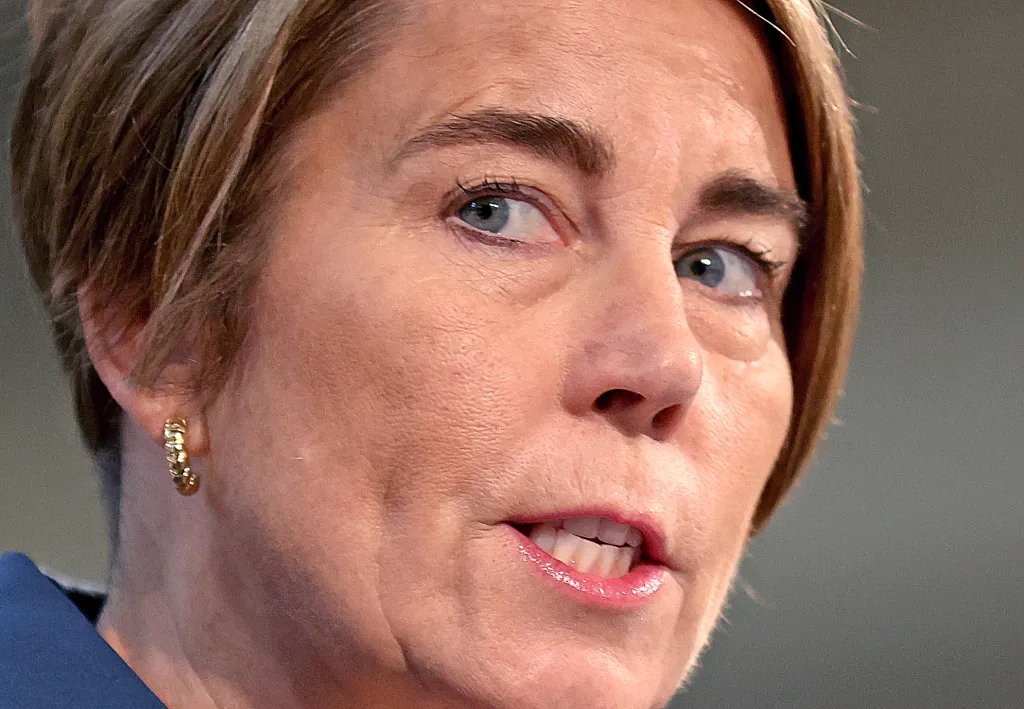Copyright tribuneonlineng
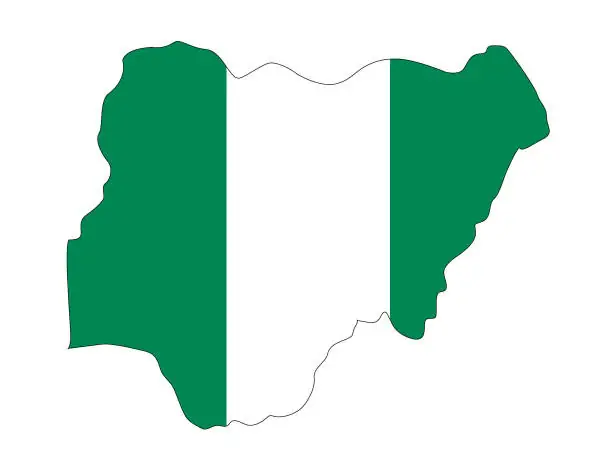
PHILIP IBITOYE examines concerns that the APC’s growing supermajorities in the National Assembly and increasing control of state governments signal a drift toward a one-party state. WHEN the All Progressives Congress (APC) recently crossed the two-thirds threshold in both chambers of the National Assembly, it cemented its dominance at the heart of the country’s lawmaking institution. With 73 senators and over 220 members in the House of Representatives, and now 25 state governors — numbers that continue to grow through waves of defections — the ruling party has achieved a feat not seen since the early years of the Fourth Republic. But as the APC’s numerical strength rises, so do fears that Nigeria is inching toward a one-party state. Some opposition leaders, civil society groups, and political observers warn that the steady erosion of opposition representation could hollow out the democratic promise of multiparty competition. In their view, what began as political realignment is becoming a quiet consolidation of power. The former Kano State Governor, Abdullahi Ganduje, also heightened their fears in May when he declared that there is nothing wrong in Nigeria being a one-party state. “We are not saying we are working for a one-party system, but if this is the wish of Nigerians, we cannot quarrel with that,” Ganduje, who was the APC national chairman at the time, said. Yet this dominance is not without precedent. Nigeria’s young democracy has seen this before. The Peoples Democratic Party (PDP), which ruled from 1999 to 2015, once held up to 82 seats in the Senate and about 260 in the House of Representatives, a margin far greater than the APC’s current numbers. Despite that supermajority, the country remained formally multiparty, and the PDP eventually lost power in a sweeping rejection by voters. What has changed, perhaps, is the fragility of today’s opposition — with the PDP struggling to hold an ordinary convention and uncertainty over whether the ADC coalition holds ahead of the 2027 general election — and the speed at which defections occur. The key question is whether the APC’s commanding majority represents a dangerous drift toward one-party rule or simply another episode in Nigeria’s cyclical politics, where power gravitates to the centre after each election and then disperses again. Interests, survival, and the absence of ideology driving defections Defection, or “cross-carpeting,” is hardly new to Nigerian politics. From the First Republic through to the present day, party loyalty has often taken a back seat to personal ambition and survival. In recent months, however, the pace of movement into the APC has accelerated. Lawmakers from the PDP, Labour Party, and smaller parties have cited internal crises, leadership disputes, or “alignment with the federal government” as reasons for switching allegiance. The most recent governor to defect to the APC, Governor Duoye Diri of Bayelsa State, while describing the PDP as a sinking ship, said he moved in the interest of his state to avoid it being buried alongside his old party. Political analysts see a familiar pattern: when a new administration takes power, politicians flock to the ruling party for protection, access, and relevance. The rewards — committee chairmanships, appointments, and influence over resource distribution — can be too tempting to resist. In Nigeria’s winner-takes-all political culture, the opposition is often starved of visibility and patronage, leaving many of its members politically stranded. Critics argue that these mass defections expose the ideological hollowness of the political class. They say political parties in Nigeria lack coherent philosophies or policy distinctions. What unites politicians is not a shared belief system but the pursuit of power and patronage. As a result, party platforms are fluid; politicians can move between parties with minimal political cost or ideological contradiction. In an interview with Sunday Tribune, Olufunsho Akinrinade, APC member in Osun State, who acknowledged that the defections are not necessarily a normal phase, stated that, “In countries where politics is ideologically driven, it is more difficult to cross-carpet. For instance, you can’t be a Republican today and wake up tomorrow to be a Democrat [in the United States]; the differences are irreconcilable. What we have presently is a system that is interest-driven and not necessarily collective.” Similarly, in a recent interview on Channels TV, the Executive Director of Yiaga Africa, Samson Itodo, faulted the lack of consistent ideology guiding political parties in Nigeria as a factor responsible for the constant defections of politicians, arguing that the country’s political party system is still immature. “You see this gradual navigation towards what perhaps will seem like a one-party state, and you talk about cross-carpeting, has been reinforced because the entire political party system has not yet evolved and matured. So, when you see all this cross-carpeting, it just tells you that we actually have a very weak party system in the country. You have political formations that exist for no other reason than to field candidates and seize political power,” Itodo said. While the APC leadership celebrates the defections as a sign of confidence in President Bola Tinubu’s administration, opposition parties view them as an existential threat. The PDP, Labour Party, and others have cried foul, alleging intimidation and inducement. The fear of a one-party state The perception that Nigeria is sliding toward one-party dominance stems from a confluence of factors beyond mere numbers. With the APC controlling dozens of state governments, enjoying a supermajority in the National Assembly, and wielding enormous influence over the executive branch, critics fear that this concentration of power risks blurring the separation of powers and weakening institutional oversight. Political analysts warn that when a ruling party grows too dominant, democracy’s competitive edge dulls. Opposition parties lose morale, citizens disengage, and the media may face subtle pressure to conform. Over time, what remains is not open authoritarianism, but a “dominant-party democracy” — a system where elections still occur but the outcome becomes predictable. Critics also point to the symbolism of defections. Every lawmaker who crosses over not only inflates the ruling party’s numbers but also signals to the public that opposition is futile. The result is a psychological shift that normalises one-party dominance even in a formally multiparty system. Civil society organisations (CSOs) have expressed concern that this trend could stifle pluralism and weaken Nigeria’s democratic institutions. In a recent report detailing the state of election integrity in Nigeria, Yiaga Africa warned against “the steady disappearance of effective opposition,” describing it as a threat to accountability and inclusive governance. “The strategic use of incumbency power appears to be facilitating a shift toward one-party dominance, rather than a natural consequence of Nigeria’s First-Past-the-Post (FPTP) electoral system. This trend suggests an attempt to predetermine the outcome of the 2027 general election,” the report reads. Yet it is important to distinguish between dominance and monopoly. Nigeria still holds competitive elections, registers multiple parties, and hosts a largely free press. The APC’s ascendancy has come largely through legal and political manoeuvres — defections, alliances, and by-elections — rather than the outright or overt suppression of rivals. Are the fears of a one-party state overblown? For all the alarm about a one-party state, history offers some perspective. The PDP once enjoyed a level of dominance that dwarfs the APC’s current position. Between 1999 and 2007, the PDP controlled the presidency, the National Assembly, and over two-thirds of state governments. At its peak, after the 2007 general election, the party held 82 Senate seats and 260 in the House of Representatives, commanding legislative control far beyond what the APC has achieved today. Yet even then, Nigeria did not become a one-party state. Opposition parties, though small and fragmented, continued to exist, contest elections, and eventually formed alliances that produced the APC itself. The rise of the APC in 2013–2015 was proof that even entrenched dominance can be overturned through coalition-building and shifting voter sentiment. An opposition figure and the State Deputy Publicity Secretary of the PDP in Kwara State, Bashir Ashura, told Sunday Tribune that historical precedent suggests the recent defections are not a natural realignment. “In 2015, the PDP lost the centre, and many lawmakers defected to the APC. Today, the same cycle is repeating, not because the APC has suddenly become ideologically attractive, but because our institutions are still weak and many office holders prioritise self-preservation over service,” Ashura said. Oyeniyi Oguntola, APC member and public affairs analyst, also allayed fears of Nigeria shifting towards a one-party state, pointing to previous PDP domination. “The current supermajority hold of the APC [in the National Assembly] is neither new nor unusual… As a matter of fact, the APC has not reached the heights the PDP reached at the peak of its power. This is a phase that will pass, and Nigeria will not become a one-party state,” Oguntola stated. Moreover, some analysts argue that the opposition bears its share of responsibility. Internal divisions, leadership crises, and a lack of coherent ideology have made it easier for members to defect as they race to avoid being caught in the crossfire of infighting. Rather than blaming the ruling party alone, analysts say opposition groups must rebuild their structures, articulate alternative policies, and reconnect with disillusioned voters to win power. Political analyst Olawale Afolabi, who also rejected fears of a drift towards a one-party state, said voters will ultimately have the power to decide who wins or stays in power. “They [politicians] align and realign with any platform when it serves their interests. What unites them [politicians] scatters them, and you may soon see them going their separate ways. Ultimately, power resides in the people, who can vote out any party that doesn’t serve their interests,” Afolabi told Sunday Tribune. Essentially, political loyalty remains fluid in Nigeria’s unique political system, and popular dissatisfaction can swiftly alter the balance of power. Defections today may just as easily reverse tomorrow, depending on electoral fortunes and the performance of the ruling party. While critics of the wave of defections to the APC may have cause for concern, history suggests that their fears may be overblown.
